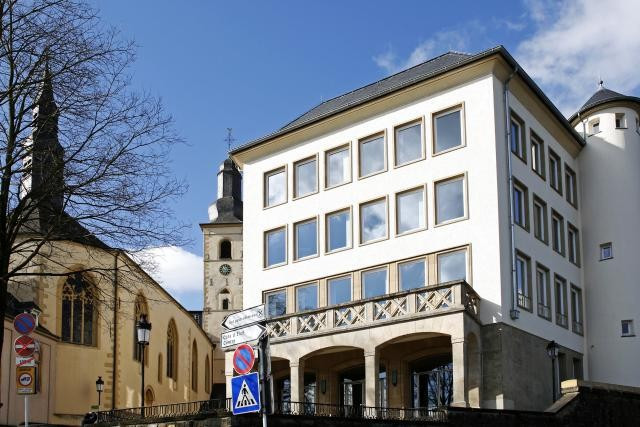The Council of State has given its opinion on a pair of bills that would grant the government some of the emergency powers to combat the coronavirus it temporarily has on a permanent basis.
On 16 June, the council said the bill has to “balance two imperatives imposed on the state.” Namely the need to “ensure the protection of fundamental liberties” while “protecting the right to life” and maintaining public health.
That said, several key provisions were missing or needed to be revised, according to the councillors. The opinion stated:
“The Council of State notes that the bill under examination is complex, that the structuring between the different measures is not the most obvious, that certain concepts that are used lack precision and the package is incomplete, in particular that certain procedures are not to be regulated.”
Mandatory quarantines
The council did not oppose the concept of “forced hospitalisation”, but called for strict supervision of its use. In addition, they recommended the use of the term “forced confinement” instead of “admission” or “hospitalisation without consent” as a person could be placed under forced quarantine in a location other than a hospital.
“The Council of State considers that any forced placement of a person for medical reasons constitutes a serious infringement of their freedom and must be surrounded by sufficient guarantees,” the opinion read. These include justification that the person poses a risk to public health or a third party, and that the order must be given by a court and not by the health department.
Freedom of assembly
The council commented negatively about the potential restrictions on gatherings. “The constitution guarantees the right to peaceful assembly and expressly prohibits subjecting the exercise of this right to prior authorisation,” they wrote. The councillors had “serious questions” about restrictions on gatherings at private homes, fearing they could violate the right to privacy.
The council said the government could limit events held in public spaces of more than 20 people without social distancing precautions in place or, in some cases, assigned seating.
Data privacy
Moreover the councillors raised data protection questions, reckoning that privacy rules surrounding contact tracing were unclear and requesting that the law specify that only doctors and certified medical professionals have access to “data relating to the health of those infected or at high risk of being infected.”
Administrative refinements
In a second opinion, also issued on Tuesday, the council recommended that only constables (police administrative) and customs agents be able to issue fines for non-compliance with public health directives, but not criminal investigators (police judiciaire), as the bill currently reads.
The council additionally objected to granting sporting federations the right to issue legally binding regulations, saying that under Luxembourg’s constitution that power rests with the government.
The Council of State provides opinions on the coherence and constitutionality of draft bills before the Chamber of Deputies. Its recommendations are usually taken into account. The council can, in effect, delay but not block legislation.
The draft laws are bill 7606 and bill 7607.
Reported by Camille Frati and Aaron Grunwald; written by Aaron Grunwald
